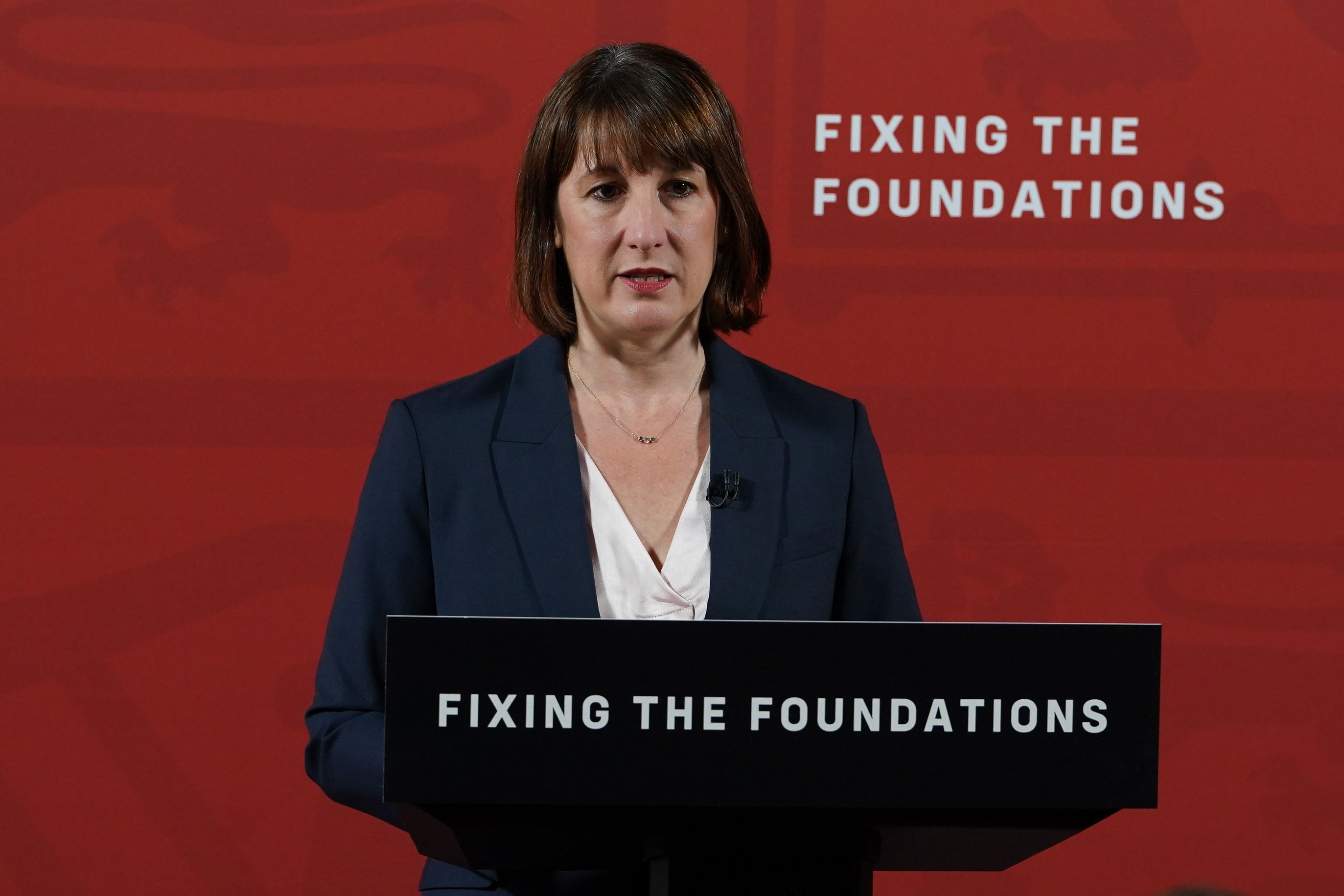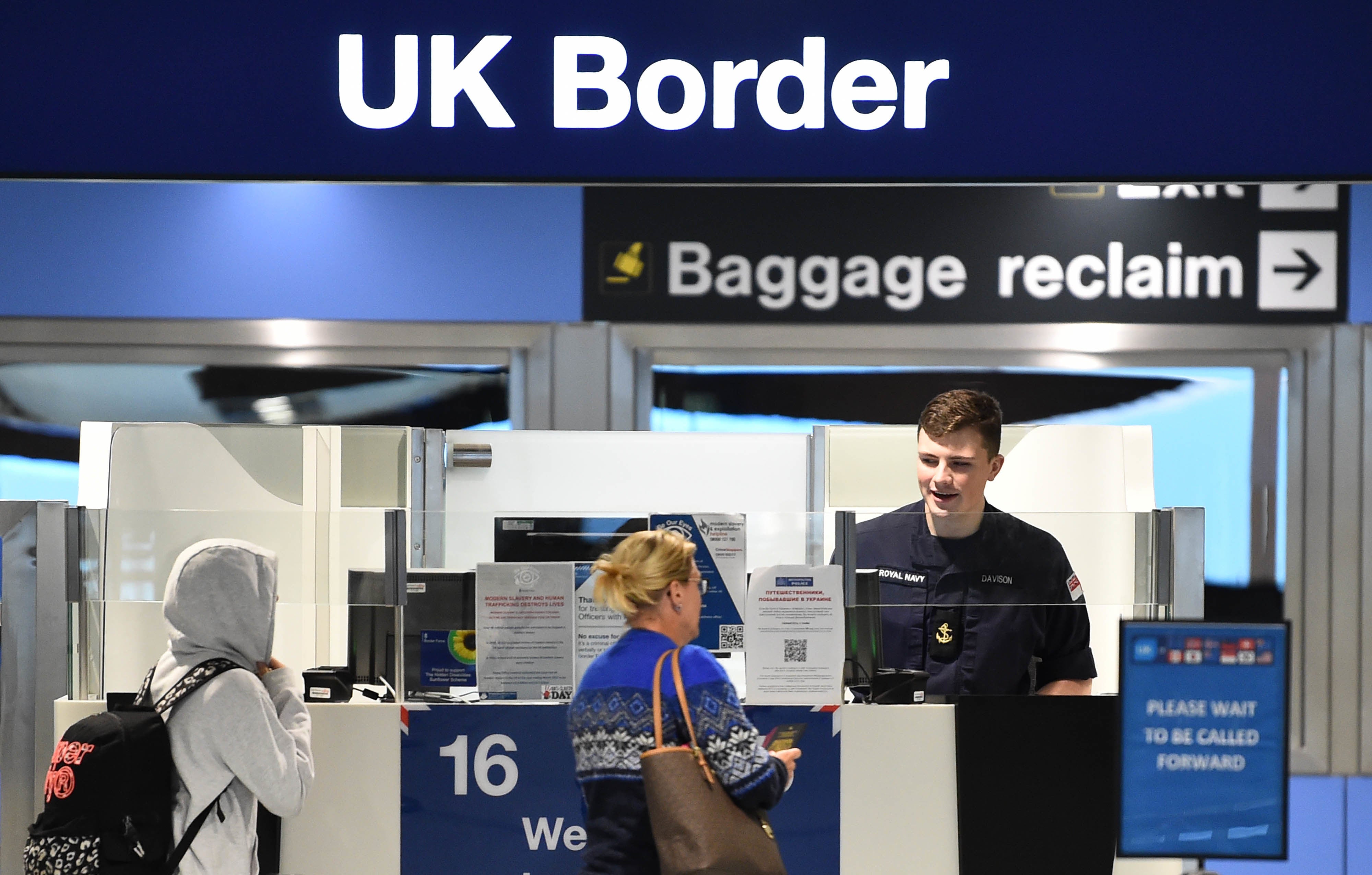Home Office repeatedly overspent billions on asylum due to ‘woeful budgeting’, fiscal watchdog reveals
New analysis shows they have overspent by an average of £2.6bn each year

Your support helps us to tell the story
From reproductive rights to climate change to Big Tech, The Independent is on the ground when the story is developing. Whether it's investigating the financials of Elon Musk's pro-Trump PAC or producing our latest documentary, 'The A Word', which shines a light on the American women fighting for reproductive rights, we know how important it is to parse out the facts from the messaging.
At such a critical moment in US history, we need reporters on the ground. Your donation allows us to keep sending journalists to speak to both sides of the story.
The Independent is trusted by Americans across the entire political spectrum. And unlike many other quality news outlets, we choose not to lock Americans out of our reporting and analysis with paywalls. We believe quality journalism should be available to everyone, paid for by those who can afford it.
Your support makes all the difference.The Home Office has repeatedly spent over its budget for asylum and border operations, averaging an estimated £2.6bn each year, according to a fiscal watchdog.
This figure is despite the plans placed before parliament in 2021-2022 and 2023-2024 budgeting £110m, meaning that the Conservative government overspent by £7.6bn over the course of three years.
According to new analysis by the Instituste for Fiscal Studies (IFS), the budget for asylum costs lies at the heart of the recent disagreement between chancellor Rachel Reeves and her predecessor Jeremy Hunt.
In-year spending pressures relating to asylum and illegal migration were one of the largest items identified in Ms Reeves’s recent audit of public spending, amounting to an estimated £6.4 billion in 2024–25.

In response, Mr Hunt argued that this contradicted the budgets signed off by civil servants and presented to parliament just weeks beforehand.
The latest report found that the Home Office had fallen into a “bad habit” of expecting a top-up from the Treasury’s contingency Reserve later in the financial year, despite reprimands from the Home Affairs Select Committee.
For this coming year, a budget plan that includes a £1.5bn top-up from the Treasury has been submitted yet this is still deemed “not sufficient to support those currently in the asylum system”.
Even with the £800 million of expected savings from ending the Rwanda scheme, another top-up in the region of £4 billion appears “all but inevitable”, the IFS report says.
Max Warner, Research Economist at IFS and an author of the briefing, said: “The way in which the Home Office and Treasury have budgeted for asylum costs leaves a lot to be desired.
“The fact that the Home Office has spent £7.6 billion more than initially budgeted on asylum, border, visa and passport operations over the past three years is testament to that.
“When there is a one-off unexpected spike in costs or demand, spending more than was budgeted is entirely understandable. But when it is happening year after year, something is going wrong with the budgeting process.
“It would be far more sensible to recognise the likely amount of asylum spending up front. That would also leave the Treasury’s contingency Reserve for genuine emergencies, rather than for spending that the government knows will occur but does not want to budget for.”
A Home Office spokesperson said: “This government is determined to restore order to the asylum system so that it operates swiftly, fairly, and in the interest of taxpayers. We will not be taking the costly Migration and Economic Partnership with Rwanda forward, while taking immediate action to clear the asylum backlog and reduce the use of expensive hotels.
“We have been clear the prior approach was to fund the majority of asylum system costs through the Supplementary Estimate. As part of the ongoing Spending Review, in future we are seeking to include these costs in the Main Estimate.”
Join our commenting forum
Join thought-provoking conversations, follow other Independent readers and see their replies
Comments